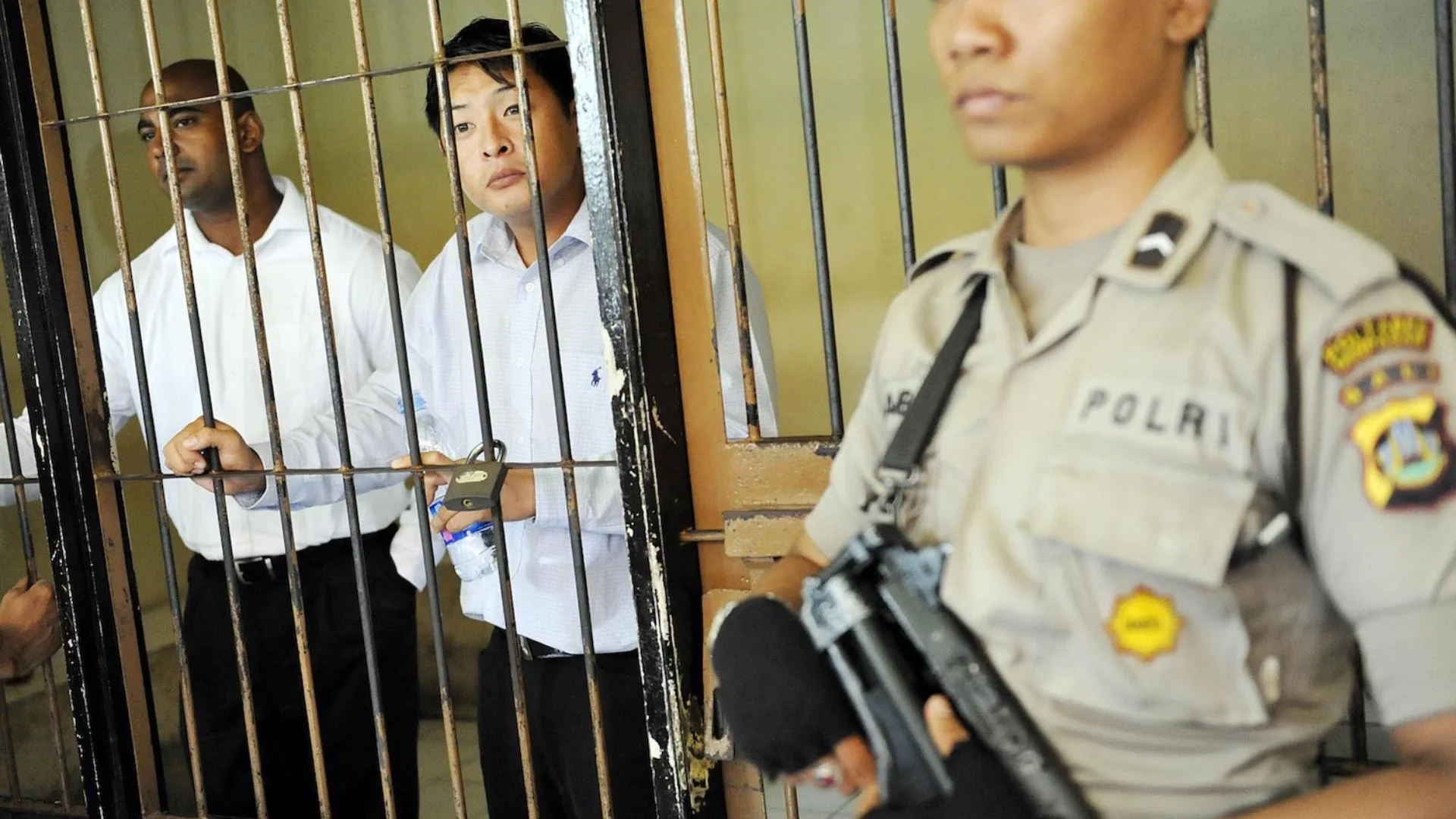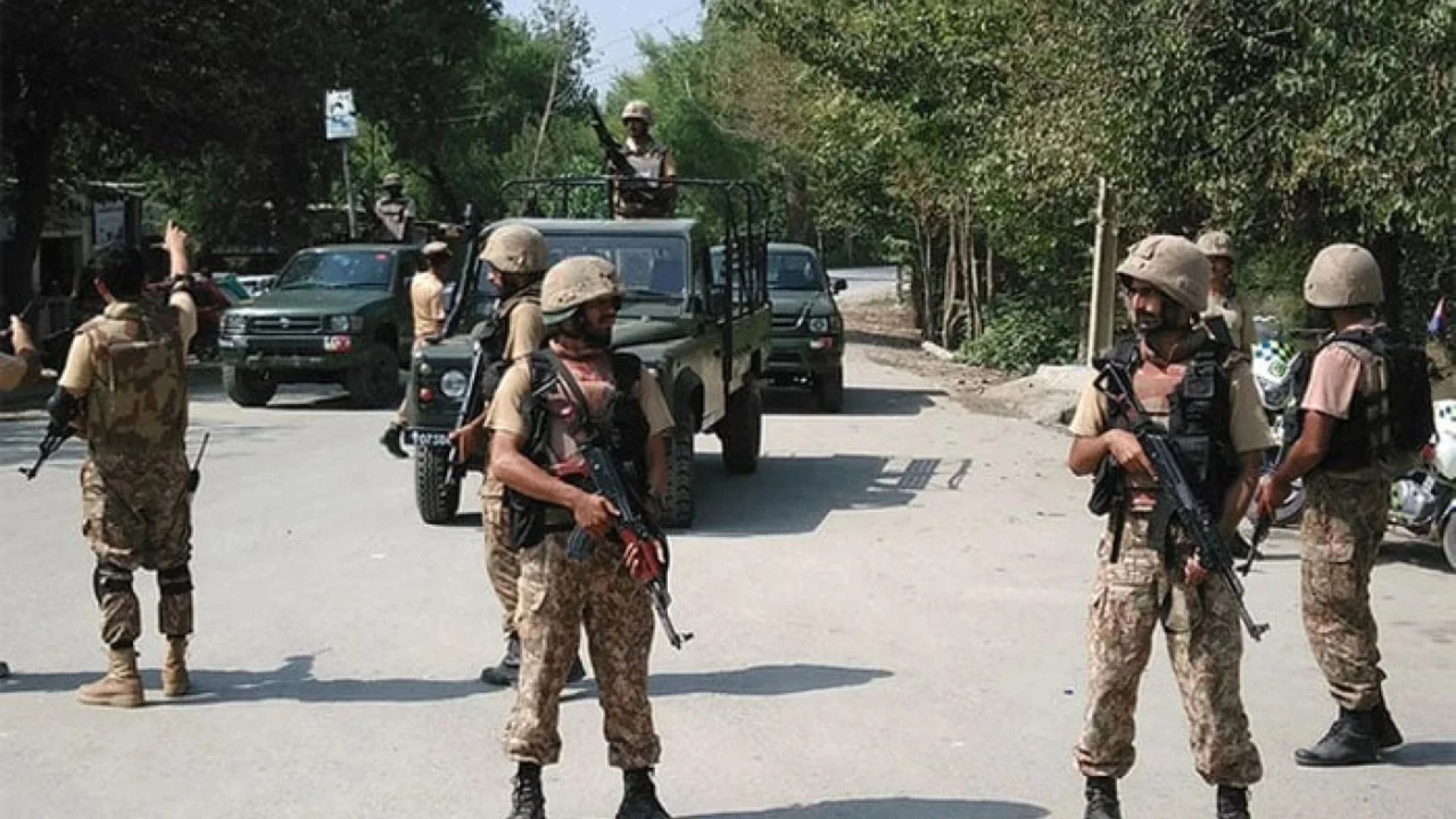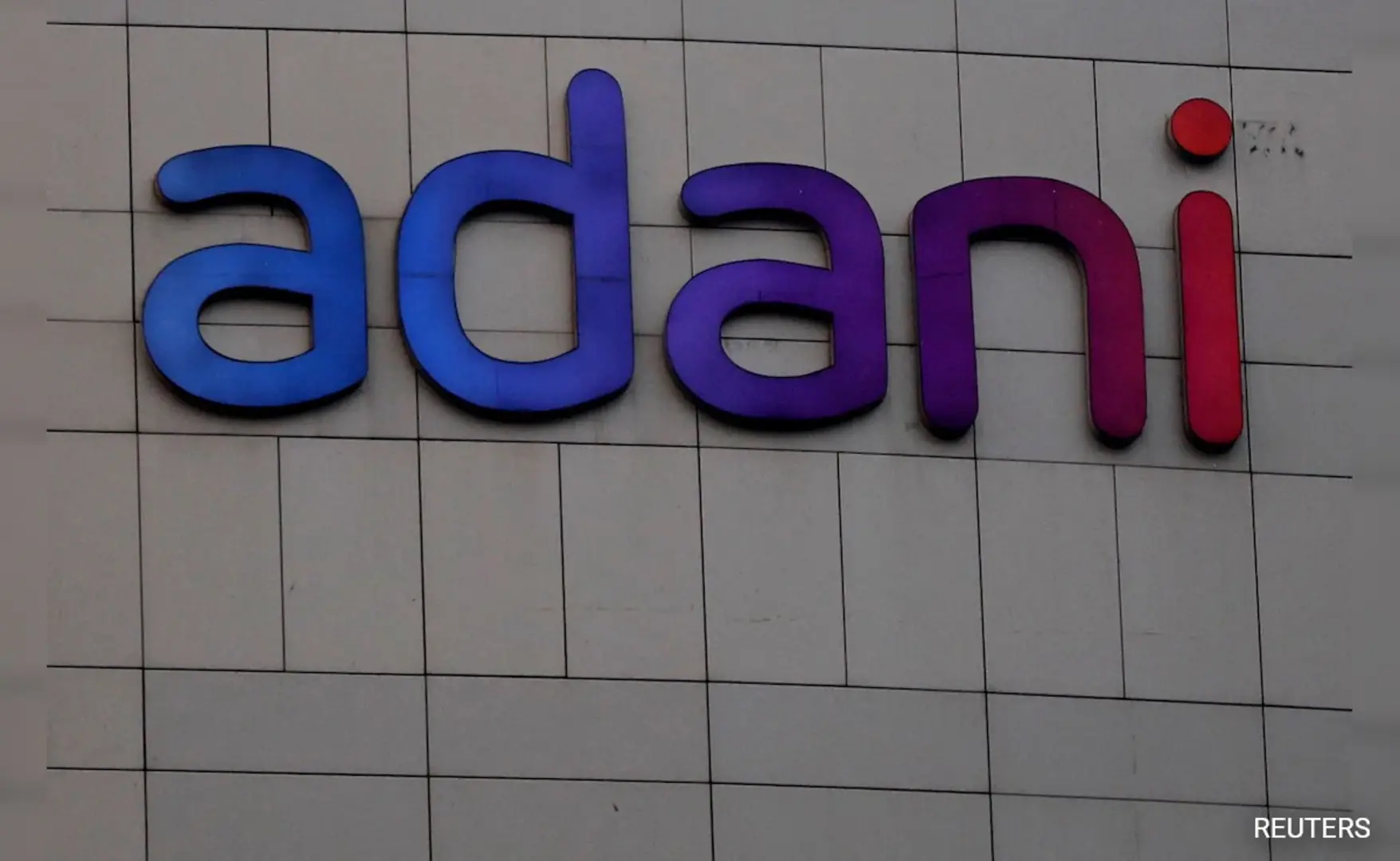
The Supreme Court on Tuesday issued notice to the Centre on a batch of pleas seeking an independent probe into the alleged Pegasus snooping case, making it clear that it did not want the government to disclose anything which might compromise national security.
A Bench headed by Chief Justice of India (CJI) N.V. Ramana issued a notice to the Centre and said that the government must reply within 10 days on allegations that the Israeli spyware was used for snooping, adding it will decide on forming a committee after getting the response.
Solicitor General Tushar Mehta appeared for the Centre and said: “We will disclose everything to the committee and that information will eventually come to this court. We are not saying we won’t tell it to anyone. We are saying we won’t say it publicly. Details concern national security and it can’t be divulged through affidavits for public debate, as sought by PILs inspired by a portal.”
SG Tushar Mehta told the apex court, “These software are purchased by every country and the petitioners want it to be divulged if the software has not been used. If we divulge this, then the terrorists can take preventive steps. These are national security issues and we cannot hide anything from the court.” SG Tushar Mehta also said that the Centre is ready to put all facts before a technical committee comprising neutral and independent experts. “The expert committee can examine the facts and give a report to the court. But, we cannot divulge details concerning security of the country,” he added.
The bench, also comprising Justices Surya Kant and Aniruddha Bose, told Solicitor General Tushar Mehta that the apex court does not want the government to disclose anything which may compromise national security.
The Centre on Monday had filed an affidavit in the Supreme Court saying that it will set up a committee of experts to examine all aspects of the alleged surveillance of Indian citizens with the Israeli Pegasus spyware, even as it cited “vested interests” behind the controversy. The Centre in its affidavit also stated: “With a view to dispel any wrong narrative spread by certain vested interests and with an object of examining the issues raised, the Union of India will constitute a committee of experts in the field which will go into all aspects of the issue.”
The Supreme Court was hearing nine petitions including those of Advocate ML Sharma, Rajya Sabha MP John Brittas, Director of Hindu Group of publications N. Ram, founder of Asianet Sashi Kumar, Editors Guild of India, journalists Paranjoy Guha Thakurta, SNM Abdi, Prem Shankar Jha, and Rupesh Kumar Singh, seeking a court-monitored SIT probe into the Pegasus snoopgate.
On 3 August, the Editors’ Guild of India has filed a petition in the Supreme Court seeking a court-monitored SIT probe into the Pegasus snoopgate. The plea also sought directions to be issued to the Central government to produce any contracts, agreements, memoranda of understanding entered into with foreign companies for supplying spyware, hacking or electronic surveillance for use on Indian citizens.
The petitioner stated that the Government of India has not expressly denied procuring Pegasus spyware, or using it on journalists, and consequently must uncover and furnish all information regarding purchase and use of this malware, and illegal surveillance carried out by the use of this spyware/surveillance tool/hacking. The petitioner said that the citizens of India have a right to know about the violation of fundamental rights, abuse of power by the state,
occurrence of cyber terrorist attacks, and threats to their privacy, safety and freedoms.
On 27 July, senior journalists N. Ram and Shashi Kumar had filed a plea in Supreme Court for an independent probe headed by a former or sitting top court judge into Pegasus issue. The petitioners also sought direction to the center Government to disclose if the Government or any of its agencies have obtained license(s) for Pegasus spyware and/or used/employed it, either directly or indirectly, to conduct surveillance in any manner whatsoever. The petitioners stated that such targeted surveillance using weapons grade Pegasus software violates Article 21, 19 and 14 of the
Constitution of India, as it breaches the right to privacy and the right to freedom of speech and expression. The present surveillance is also in complete derogation of the Telegraph Act, 1885 and the Information Technology Act, 2000 and as such is completely illegal and a criminal act, it added.
The plea further stated that such targeted surveillance violates the right to privacy, which is the constitutional core of human dignity and is protected under Article 21, 19, 14, 25, 28, the Preamble and
Part III of the Constitution according to the landmark judgment of a nine-judge bench of this court in K.S. Puttaswamy v. Union of India.
On 25 July, Rajya Sabha member John Brittas had filed a petition in the Supreme Court seeking a court-monitored probe into reports of alleged snooping of activists, politicians, journalists and constitutional functionaries using Israeli spyware Pegasus. The parliamentarian said the recent Pegasus snooping allegations as reported by a website on 19 July are causing huge apprehensions and great agony for the citizens of India as such snooping violate citizen’s freedom of speech under Article-19 (1) (a) as well as his/her personal liberty under Article-21.
On 22 July, Advocate ML Sharma had filed a petition in Supreme court seeking a court-monitored probe by a Special Investigation Team into the reports of alleged snooping by government agencies using Israeli spyware Pegasus over journalists, activists, politicians and others. The plea further sought to declare buying of Pegasus software for snooping illegal and unconstitutional.
(WITH AGENCY INPUTS)















